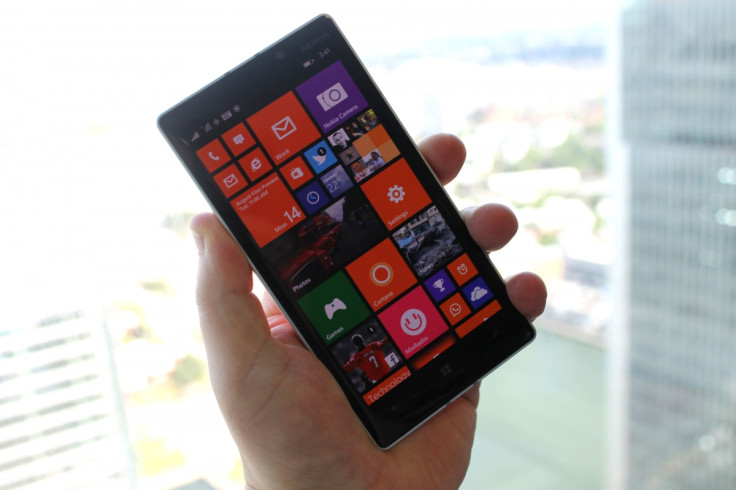Is Windows Phone About to Go the Way of Windows Mobile?

Windows Mobile was a relatively successful smartphone operating system – but at a time when smartphones hadn't really been invented.
In 2007, the same year the original iPhone launched, Windows Mobile was the most popular operating system on smartphones in the US.
The problem was that it wasn't really a smartphone OS, more of a shrunken version of Windows running on under-powered devices. Microsoft canned it in 2010, replacing it with Windows Phone - but four years later it looks like the new software could be heading the same way as the old.
Market share drops to 2.5%
Since its launch in November 2010, Microsoft's Windows Phone platform has been slowly but steadily growing its market share, with a couple of specific markets like the UK and Italy showing particular interest in an alternative to Android and iOS.
In that time the we have seen manufacturers other than Nokia abandon the platform and of course most recently we have seen Microsoft take control of Nokia's smartphone arm and take development in-house.
Now, figures released by research firm IDC, show that Windows Phones has dropped to just 2.5% market share for the second quarter of 2014, with shipments dropping almost 10% compared to the same period last year.
Between them, Android (84%) and iOS (12%) dominate the smartphone landscape, with BlackBerry barely clinging on to fourth spot behind Windows Phone, with just 0.5% of the market.
The smartphone market is still growing, with Q2 shipments passing the 300 million milestone, a more-than-25% increase on the same period in 2013.
The worrying fact for Microsoft however, is that none of the growth is going to Windows Phone.
Rising tide doesn't lift all boats

Apple's iPhones may have also lost market share, but the company increased its shipments by 12.7% and with the launch of several iPhone 6 models just around the corner, the company is unlikely to be too worried about a slight dip in market share.
Windows Phone however is a different proposition. As the newcomer to the market, it is imperative that it continues to grow, that it continues to build momentum.
That has not happened. While there have been some Windows Phone devices released by other manufacturers in the past (Samsung and HTC most notably) lately it has been all Nokia, and while Apple has built its success on tightly integrating hardware and software, that is not going to work for Windows Phone.
The lack of manufacturer support is a reflection of the fall in market share for Microsoft's latest play in the mobile market and without that it will struggle to convince consumers the software is a viable alternative to the dominant players.
Light at the end of the tunnel
But, there could be some light at the end of the tunnel for Microsoft.
Next week HTC is widely tipped to launch a Windows Phone version of its HTC One (M8) which if it does happen will be a major boon to the platform, giving people the change to combine HTC's award-winning design with the Windows Phone platform.
Elsewhere Samsung has also said it is still in the mix when it comes to launching new Windows Phone devices, along with Huawei saying it still supports the platform.
IDC suggests that in the second half of 2014, the platform will get a major boost in emerging markets from relatively unknown manufacturers such as BLU, Micromax, Prestigio, Yezz, Foxconn, Gionee, JSR, Karbonn, Lava, Lenovo, LG, Longcheer, and ZTE.
While the latest dip in market share will be worrying for Satya Nadella and his mobile division in Redmond, the platform is not gone the way of Windows Mobile just yet, and if it can secure support from a wide range of partners – particularly in the fast-growing emerging markets – it stands a chance of succeeding.
© Copyright IBTimes 2025. All rights reserved.






















